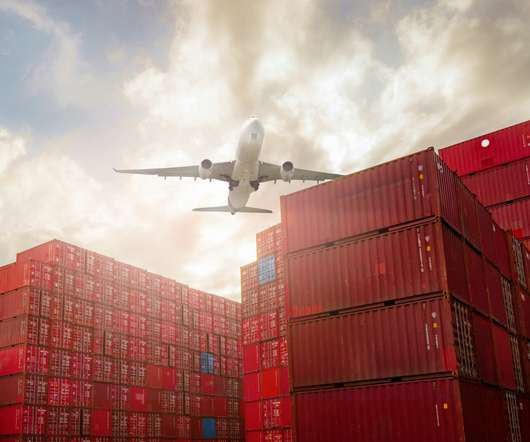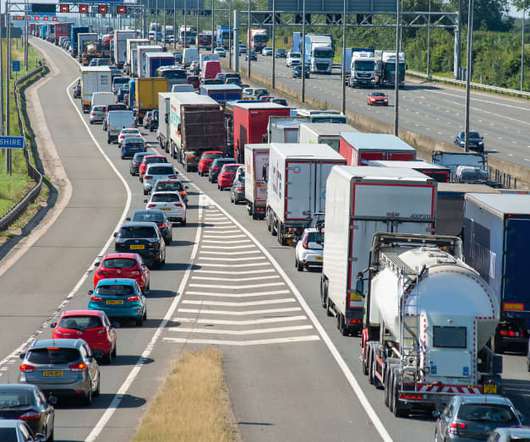100+ Supply Chain Crisis Statistics: Raw Materials, Covid-19, Labor Shortages, and More
ToolsGroup
APRIL 1, 2022
Increased Shipping Costs, Delays, and Transportation Issues. 49% of respondents were from the manufacturing industry, 16% from the mechanical engineering sector, and 11% from the automotive market. Increased Shipping Costs, Delays, and Transportation Issues. Increased Prices Resulting from Shortages and Supply Chain Issues.
















Let's personalize your content